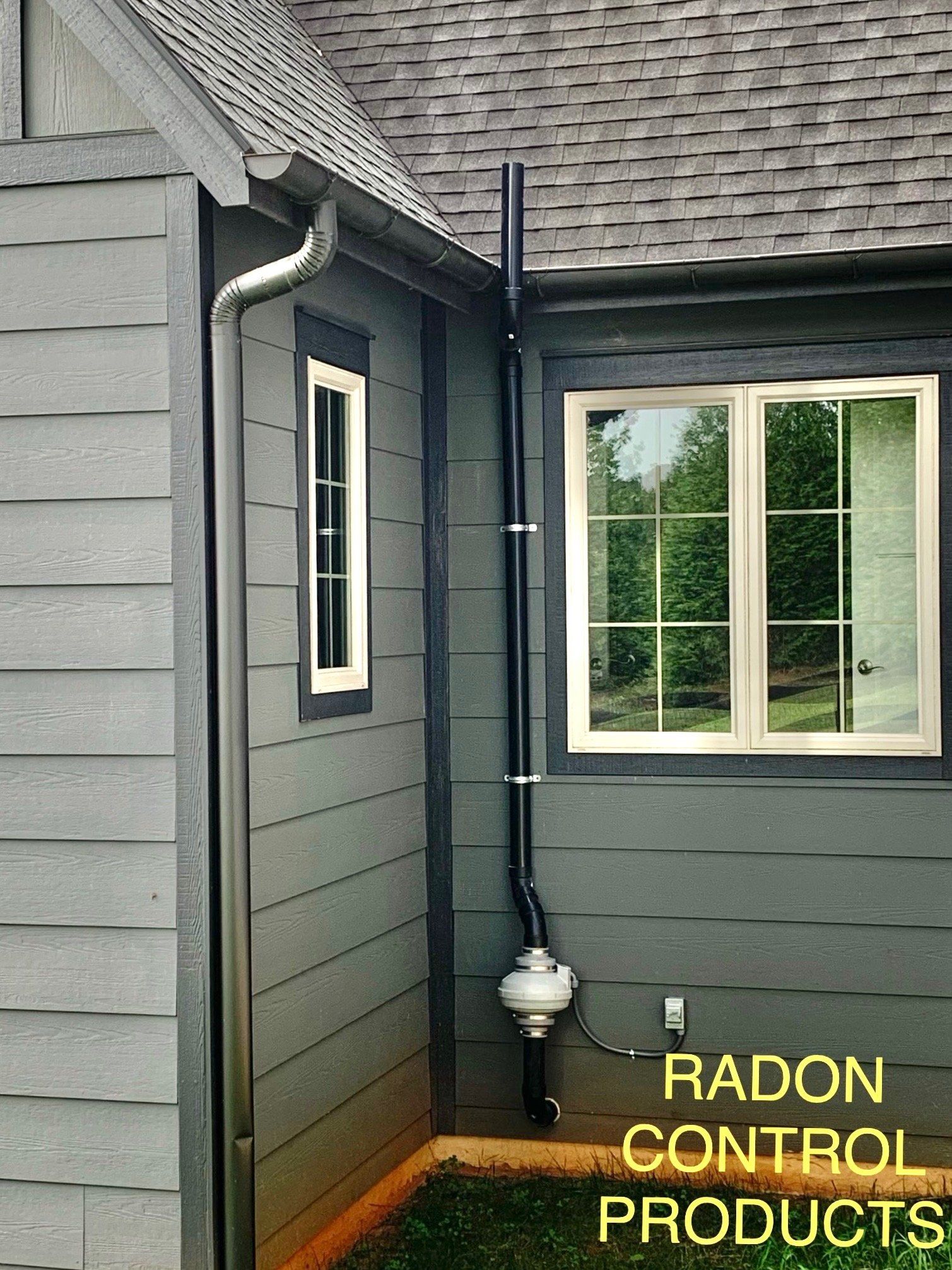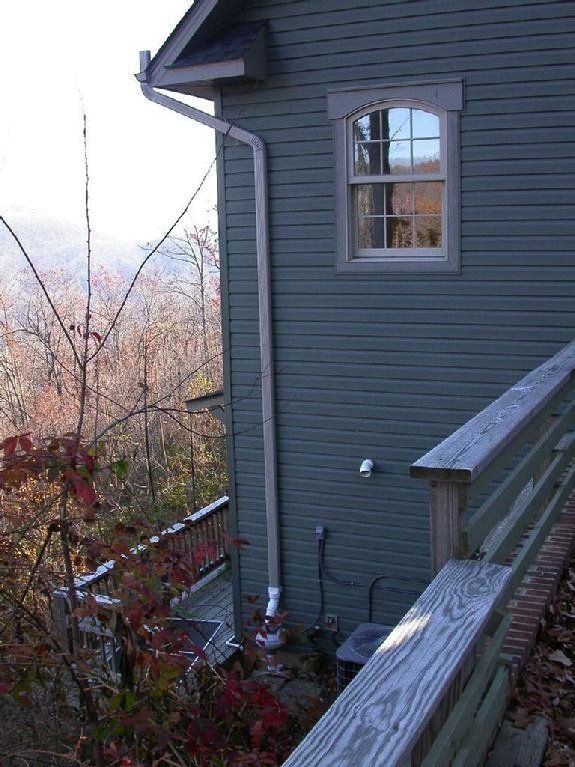Frequently Asked Radon Questions
Frequently Asked Radon Questions
General Questions
-
Who says radon causes cancer?
-
What is Certification and why is it important?
Certification is the standard of professionalism in the radon industry. Individuals certified by the NRSB or AARST-NRPP have completed training, passed a national Radon Proficiency Exam, agreed to abide by a code of ethics, and must take Continuing Education classes and have equipment calibrated regularly to maintain Certification.
-
Who provides certification?
Certification for radon professionals and laboratories is provided through two private certification agencies; the NEHA-NRPP (National Environmental Health Organization- National Radon Proficiency Program) and the NRSB (National Radon Safety Board).
-
Do I have to use a Certified Professional?
Not legally (in NC, SC, & GA), but when working with a radioactive Class-A carcinogen that causes lung cancer it is a good idea to use a professional who knows what he is doing!
-
My neighbors house tested high/low; does that mean mine will?
Maybe. Test results from one house tell NOTHING about radon concentrations in another. All house should be tested.
-
Why didn't my realtor tell me about radon?
Good question! Ask your realtor! (Note that prior to the mid-1990's many Realtors were not aware of the very real health threat of elevated radon concentrations.)
-
Why didn't my builder address radon issues?
Great question! Ask your builder! Some builders are not aware of radon issues, some ignore them, a few address them. Of the builders who do address radon concerns, many use untrained, uncertified plumbers or carpenters to install passive mitigation systems. While we assume they had good intentions, the majority of systems installed by these individuals are not designed/installed correctly.
-
Why doesn't the government do more to protect us?
Great question! Ask your State Representative why testing is not required in all home sales, and why uncertified, unqualified people are allowed to do Radon Measurement and Mitigation. Many states now require Certification as proof of professionalism, and some require testing in all home sales. The US Surgeon General and EPA are doing their best to educate the public but are hampered by limited budgets.
System Questions
-
What are the rules for installation?
The installation "rules" are found in the EPA Radon Mitigation Standards, by which all Certified professionals agree to abide.
-
What is the tube with the colored liquid on the pipe?
The U-tube manometer is a fan performance indicator. It shows the difference in air pressure between the inside and outside of the pipe. The nearby label should be marked with the initial reading in 8ths or 10ths of an inch. If both sides of the manometer are at zero, there is no suction in the pipe and you should call for service.
-
Does the vent pipe have to go past the roof?
Yes. The Radon Mitigation Standards require the vent pipe to discharge above the roof. Vents that discharge underground or out through a wall, or under a deck are non-conforming systems and should be corrected. Companies installing non-conforming radon systems should be reported to your State radon office.
-
Why is there no screen on the vent pipe?
Radon systems remove large amounts of water vapor which condenses in the pipe. This condensation could freeze on a screen and block the system exhaust.
-
My system is noisy: what do I do?
Mitigation systems have several potential noise sources; the motor, the exhaust, and vibration/turbulence in the piping. Most of these can usually be minimized by proper system design and location. Fan and exhaust noise are to some degree a function of which fan is the right one for the job, and how much air the fan is moving. Noisy fans can be insulated or covered. Mufflers can be installed to significantly reduce exhaust noise. Pipe vibration can usually be dampened.
Got a question? Call Radon Control Products at (828) 698-4960 today!









